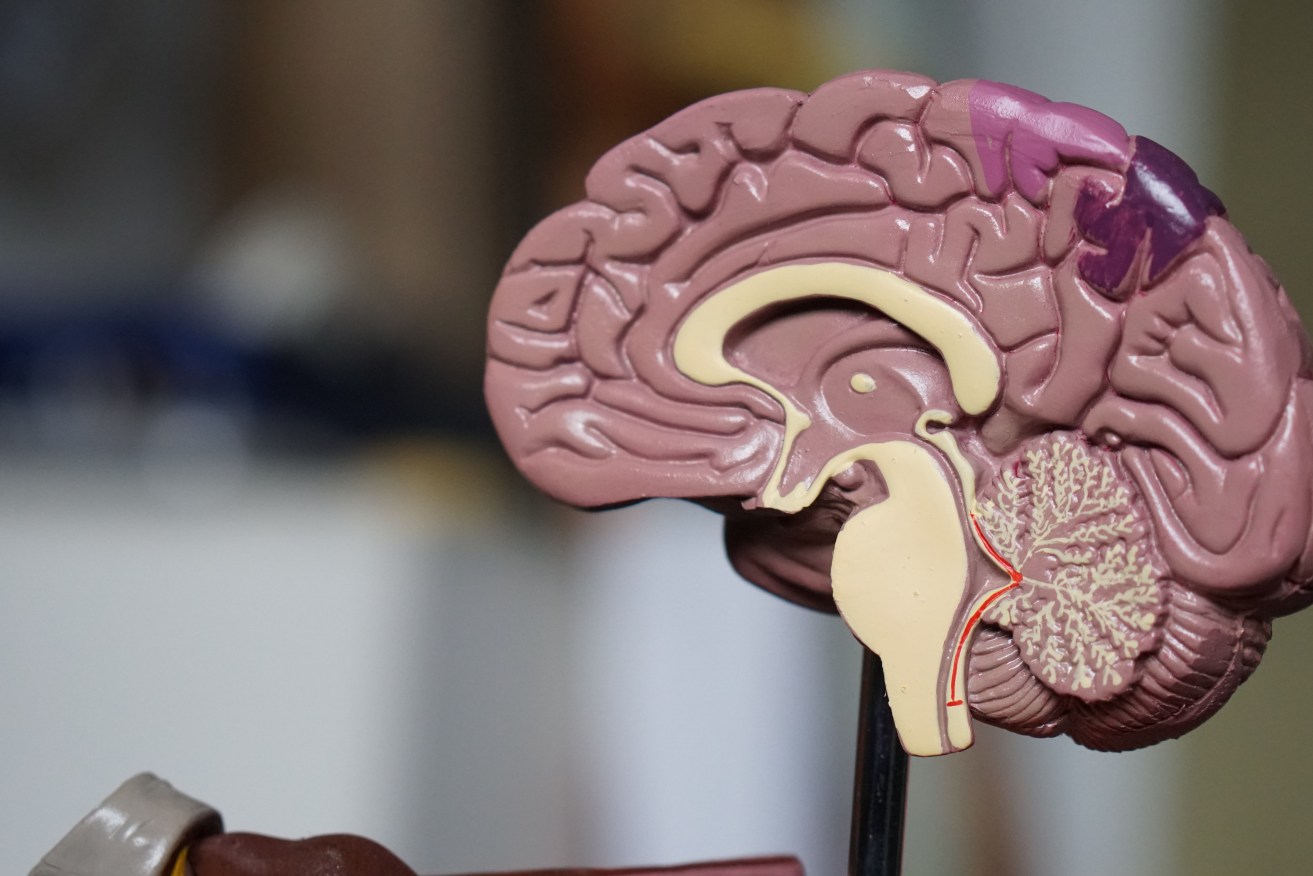Dementia risk linked to untreated ADHD, study finds


Untreated ADHD has been linked to an increased chance of dementia. Photo: Robina Weermeije/Unsplash
As a Senate report into the access and equity of treatment for people with Attention Deficit Hyperactivity Disorder (ADHD) is delayed, a new study has linked untreated ADHD in adults to an increased risk of dementia.
The research, from the University of Haifa, examined the records of 109,218 people in Israel and found that “an adult ADHD diagnosis was associated with a 2.77-fold increased risk of incident dementia”.
“The present study finding that adult ADHD is associated with a higher dementia risk is consistent with most, but not all, prior epidemiologic studies,” the study said.
The study’s authors suggest the reasons for the link may be because the brains of people with ADHD have less ability to compensate for cognitive issues later in life, or the long-term effects of not treating the condition may contribute to the association between the two.
The study only focused on adults, not children, and also found “there was no clear association between adult ADHD and dementia among individuals with ADHD who received psychostimulant medications”.
The issue raised by the study, that if left untreated the condition could lead to a higher risk of dementia, is compounded by the fact that ADHD is still under-diagnosed in Australia, particularly in women.
Rising diagnosis and prescription
According to documents from the Department of Health, published under Freedom of Information laws, prescriptions for ADHD have steadily increased over the past five years from 1.4 million prescriptions in 2018 to 3.2 million in 2022.
The briefing, prepared for the Senate committee of inquiry into assessment and support services for people with ADHD, states people with the condition experience similar barriers to diagnosis and treatment as people with other complex mental health conditions.
These barriers include long wait times to access a paediatrician or psychiatrist for diagnosis and treatment, high out-of-pocket costs for diagnosis and treatment, and navigating strict legal requirements around prescriptions.
It also states that 6 to 10 per cent of Australian children and 2 to 6 per cent of adults are affected by the condition; however, not all are receiving treatment.
There are 0.2 per cent of Australian adults receiving treatment for ADHD.
Treatment
People diagnosed by a psychiatrist fall into three categories of ADHD – predominantly inattentive, predominantly hyperactive-impulsive and a combination of the two.
Most are treated using a combination of medication, education and psychological counselling.

ADHD is usually treated with ‘psychostimulants’. Photo: Getty
Most medications are psychostimulants like Ritalin, Vyvanse and Adderall, which are known for their focusing effects on users.
Government expenditure on ADHD medicines, according to the Department of Health’s briefing, reached $151.96 million in 2022, up from $59.2 million in 2018.
During this time, the number of patients increased from 186,000 to 413,000.
Medical care and access to treatment is hamstrung by a lack of qualified professionals in the public health sector, with many public health organisations not offering any support for treatment.
ADHD is influenced by both hereditary factors and non-inherited influences.
Inquiry report delayed
The Senate inquiry, which has held several public hearings, set out to examine:
- The barriers to receiving assessment and diagnosis of the condition
- The availability, training and attitudes of treating practitioners
- The impact of gender bias in assessment, support services and research
- Access to and cost of ADHD medications
- The role of the NDIS in supporting people with ADHD
- The role played by federal, state and local governments to meet the needs of people with the condition
- The social costs of failing to provide ADHD services.
The report, originally set to be tabled on Wednesday, had its deadline extended and will be published at a future date.








